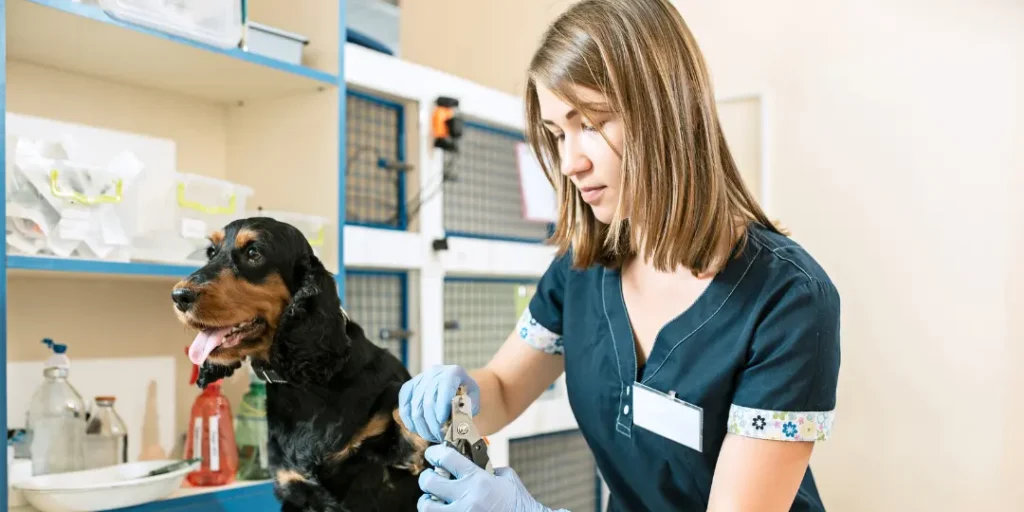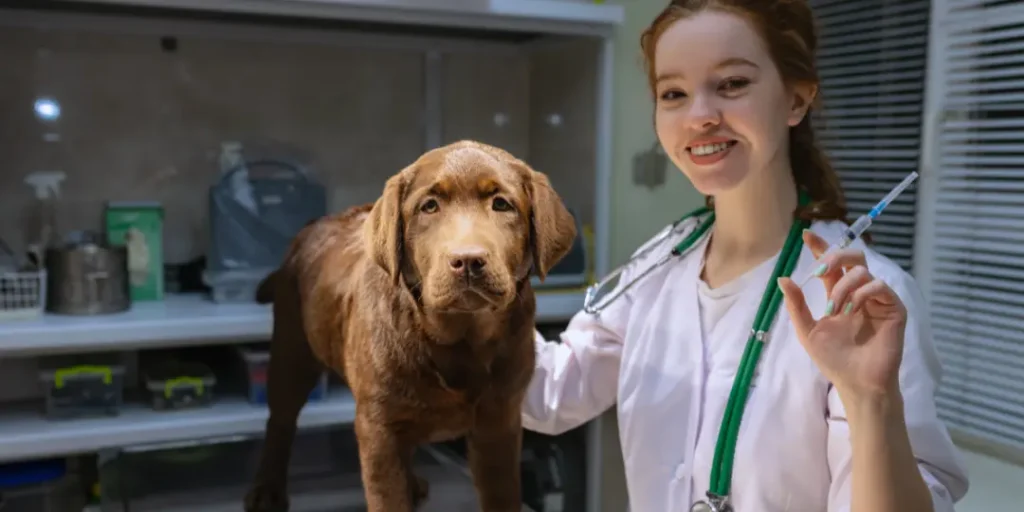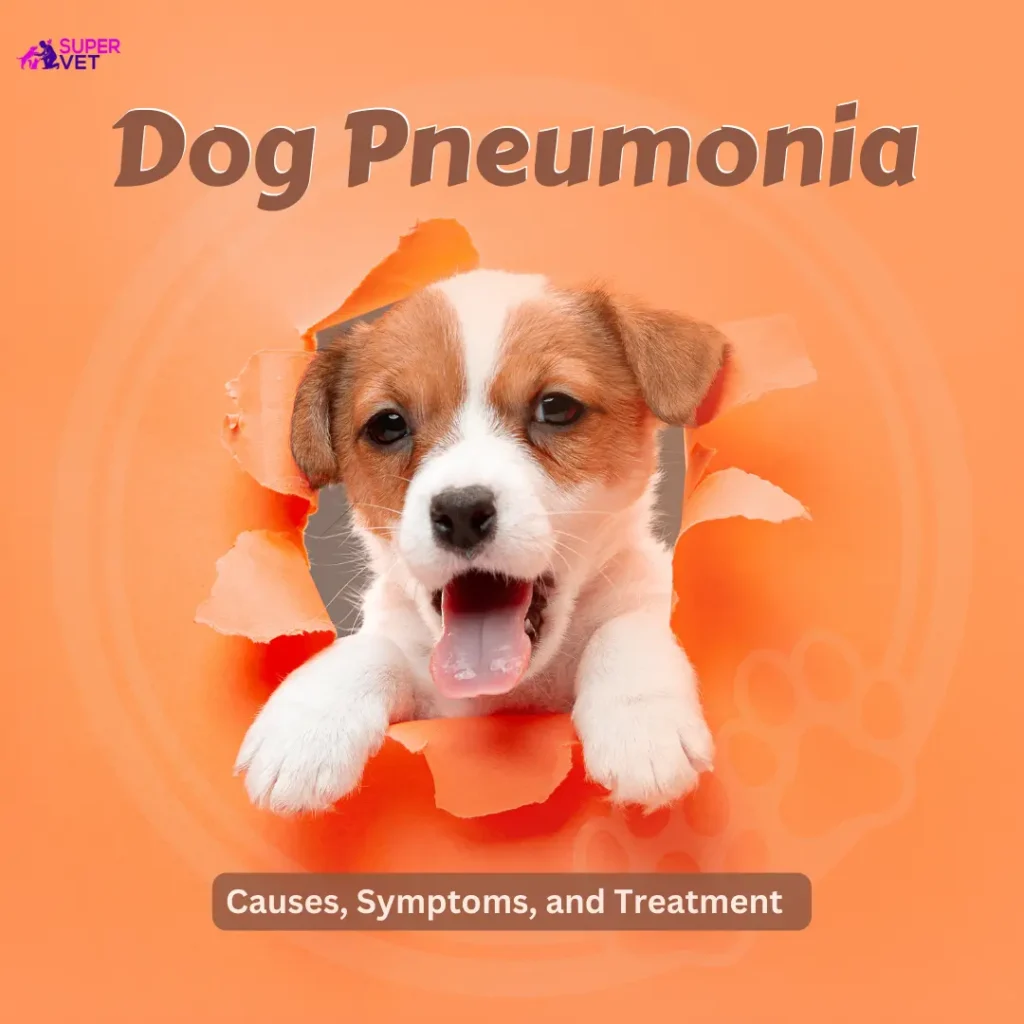The common cold impacts everyone differently. Some recover from a cold faster than others. For some, it can be a recurring issue. Others have to deal with the illness for years on end.
If you or someone you know suffers from chronic cough, sore throat, runny nose, and fever for any length of time. then your partner may have pneumonia.
Your dog is a loyal and loving family member, but he might also be a little snuggly and cuddly when he’s sick. A sick or weakened dog might follow you around the house all day, sleep on your bed at night, and be disproportionately loud if he has to go outside.
Common causes of pneumonia in dogs include upper respiratory infections (URIs), snakebites, and internal parasites such as giardia and amoeba.
That’s why it’s so important to know what causes pneumonia in dogs. This article will answer most of your questions about this common illness.
What is pneumonia in dogs?
Pneumonia, also known as canine influenza, is a respiratory illness that affects the lungs and can lead to death. There are several types of pneumonia, including bacterial, fungal, spongiform, and subacute.
Although most species of canine are susceptible to pneumonia. Dogs with fragile immune systems, such as those with allergies, immune-compromised, or immunosuppressants, may not respond to the medications or be able to cough effectively enough to clear up the infection.
Respiratory infections in dogs: What are the causes?

Bacterial and viral pathogens may cause most respiratory infections in dogs. Bacterial infections include respiratory syphilis, parvovirus, and pneumocystis. Viral infections include parainfluenza, adenovirus, and canine distemper.
Bacterial and genetic factors are important in determining which bacterial and viral infections will cause pneumonia in a dog. Other factors, such as the dog’s size, age, and medical conditions, may also influence which pathogens cause pneumonia in dogs.
Spongiform encephalopathies, including lupus and prion diseases, are another cause of progressive neurological disease in dogs.
What are the symptoms of pneumonia in dogs?

- Most dogs will have a fever, cough, runny nose, and be breathless. Coughing up sputum is a giveaway that your dog has pneumonia.
- Other symptoms, such as a decreasing appetite and weight loss, may indicate the need to take your dog to the veterinarian.
- Bacterial pneumonia in dogs is often accompanied by a rash called sporotrichosis. This is a common rash associated with bacterial infections.
- Fungal pneumonia in dogs often causes the formation of extensive black and blue spots on the dog’s body. Although this is a common sign, it does not necessarily mean that your dog has a progressive disease. It just means that he’s experiencing a lot of stimulation from the new growth in his body.
- A spongiform encephalopathy could also cause progressive mental decline and behavior problems.
Tips for diagnosing pneumonia in your dog

- Take your dog to the veterinarian if he has a fever and is not eating or drinking.
- Have your dog’s hair samples tested if you think he has a bacterial infection.
- If your dog shows any signs of an ongoing infection, including high-pitched, barking, or wobbly movement. Take your dog to the veterinarian immediately.
- Don’t use over-the-counter medications on dogs as they may interact with other drugs your dog is taking.
- Consider getting your dog a rabies vaccination if he is in or around animals that have been exposed to the virus.
- Home testing is not recommended for many infections, including bacterial, fungal, and spongiform encephalopathies. But a canine distemper is a good option if you want to avoid going to the veterinarian.
The Ultimate Guide to Diagnosing Pneumonia in Dogs

A good way to get a general idea of how your dog is doing with pneumonia is to perform a tour of the body tests. The results of these tests will help you better understand your dog’s illness and condition.
The first step in diagnosing and treating pneumonia in your dog is to examine him for signs of the illness. These may include a high temperature, a general loss of appetite, a cough that is not properly managed, shortness of breath, and a reduced amount of sputum.
Your veterinarian will use a variety of tests to examine your dog’s body to rule out other diseases and conditions that may be causing his symptoms. These may include X-rays and ultrasounds, blood tests, and even hair samples.
How Does Pneumonia in Dogs Cure?
Most cases of pneumonia clear up on their own, but in some dogs, the infection can become chronic and stubborn. Dogs with this condition are referred to as relapsing dogs.
Although the cause of relapsing pneumonia is unknown, most researchers believe it to be a metabolic disease. If left untreated, a bacterial or fungal infection in a dog can progress and cause death.
A surgical procedure is sometimes used to euthanase dogs with significant respiratory failure.
Conclusion
Dogs can be at risk of developing pneumonia due to various reasons. These may be due to a compromised immune system, an underlying disease, or a combination of both. It is important to know the signs and symptoms of pneumonia to properly diagnose and treat it.
Pneumonia is often preventable with a few simple precautions. Wash your hands often with soap and water, particularly after handling dogs, eating certain types of food, or performing certain tasks such as changing a dog’s litter box or giving medication.
In this article, you have been taught about the causes, symptoms, and treatment of pneumonia in dogs. You have also been provided with tips for diagnosing the disease and how to treat it successfully. Now it’s time to get started living healthy with a healthy and happy dog.
Supervet provides the best Online Pet Services in Kota where you can also consult with vets about your dog’s health and take guidance from them.

